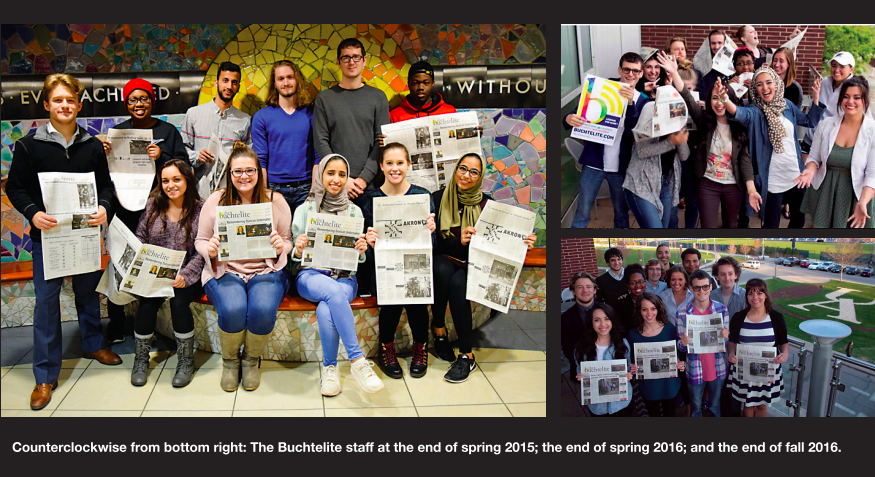“In 1974, Jimmy Santiago Baca’s life wasn’t what he dreamed it would be. As a young boy in New Mexico, he fell in love with being under the open sky – walking through fields, smelling the air. It made him feel alive. At 21 years of age, though, Baca found himself locked in a dark cell, alone and desperately disappointed with his life.”
“
In 1974, Jimmy Santiago Baca’s life wasn’t what he dreamed it would be.
As a young boy in New Mexico, he fell in love with being under the open sky – walking through fields, smelling the air.
It made him feel alive.
At 21 years of age, though, Baca found himself locked in a dark cell, alone and desperately disappointed with his life. When guards marched him into the maximum-security facility in Arizona, Baca couldn’t read or write.
Six years later, he emerged as a published writer. Today, Baca, 55, is one of America’s most esteemed poets and authors.
Prison life has the power to break most men – leaving them a shell of their former selves. It was different for Baca, though. For him, prison served as a gateway to an unfathomable transformation.
Today, it is writing that brings his world to life.
In his memoir, A Place to Stand, Baca invites readers to witness his darkest moments. His words lead into the grittiest facets of his soul and carry readers to a deeper understanding of the human condition.
As the story continues, disappointment after disappointment guide Baca’s path to prison. It’s hard not to cringe as circumstances – out of his control – force him to a life of delinquency and rebellion, ultimately leading to jail time.
In his writing, Baca doesn’t describe prison life; he invites readers to do the time with him. It was here that he learned to analyze the reality of life – the images which repeatedly surface in his poetry.
It was also in prison that Baca taught himself to read and write by scanning a dictionary and reading classic literature. For a man who lived so close to suffering, literature became Baca’s saving grace.
As he grew more proficient in his writing, a fellow inmate convinced Baca to submit some of his poems to Mother Jones magazine, then edited by Denise Levertov. Levertov printed Baca’s poems and began corresponding with him, eventually finding a publisher for his first book.
From there, Baca’s life blossomed.
Today, the poet uses his words to describe a world he always felt had rejected him – as if he was an immigrant in his own land. The sentiment inspired much of his early work.
Immigrants in Our Own Land, Baca’s first major collection, was highly praised. In 1987, his semi-autobiographical novel in verse, Martin and Meditations on the South Valley, received the American Book Award for poetry, bringing Baca international acclaim.
The journey from abandoned youth to award-winning poet is inspiring on multiple levels. Baca beautifully depicts that tale in A Place to Stand, a story about education’s power to lift a man out of the hardest of circumstances.
That’s why it’s the perfect book for Akron – a school and town built on the backs of middle-to lower-class working Americans. That’s why the Common Reading Selections Committee initially recommended Baca’s book.
That’s why after administrators decided to overrule the potential selection, we decided to invite him anyway. Besides, what better way to clear up negative media attention about felons on campus than to invite a felon who has proven that no man is beyond redemption?
The 55-year-old writer agrees with the sentiment. After Baca decided to come to Akron for a discounted fee, I asked him, Why? Why visit the university, which so adamantly disrespected you?
It is a simple alliance with you, he responded. If you had enough courage to step out and defend what is right in the face of your administration, then as a fellow human being, I have the responsibility to step up as well.
When Baca speaks at the Student Union tonight, that’s exactly what he’ll do. He will share his story.
For a man who has survived a life of abuse, abandonment and violence, no public relations decision is going to stop him from doing that.
“
” #1.1362145:1325144266.jpg:BACAFRONT.jpg:Jimmy Santiago Baca plans to speak about the ability of education to end oppression tonight in the Student Union, Ballroom A at 7:30.:”












